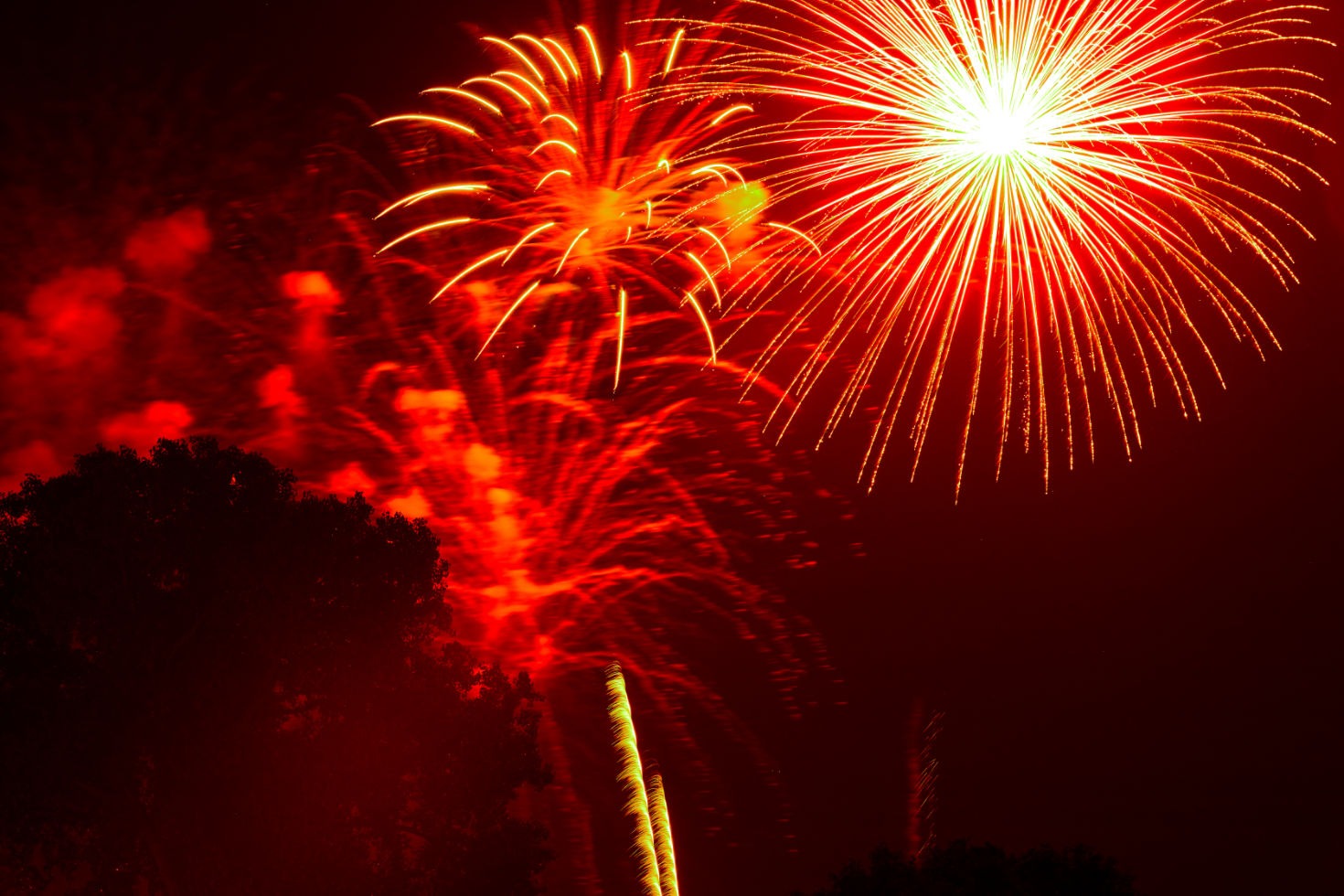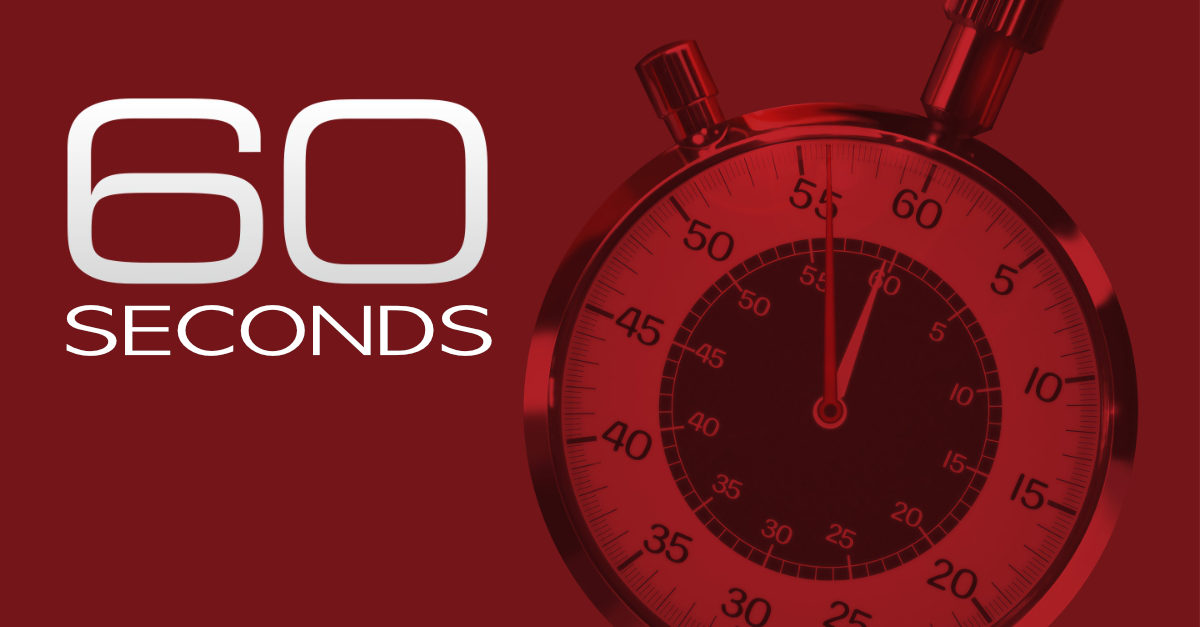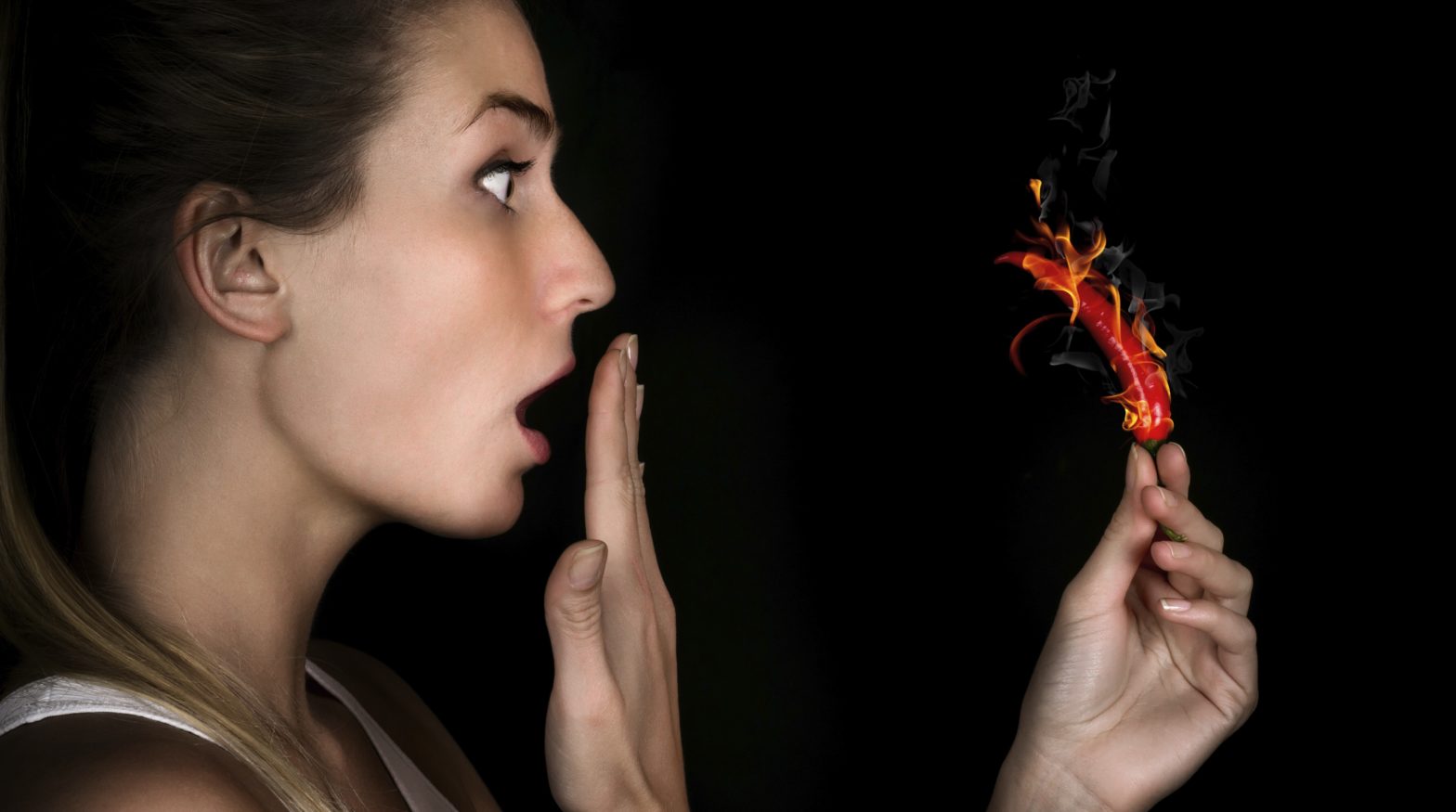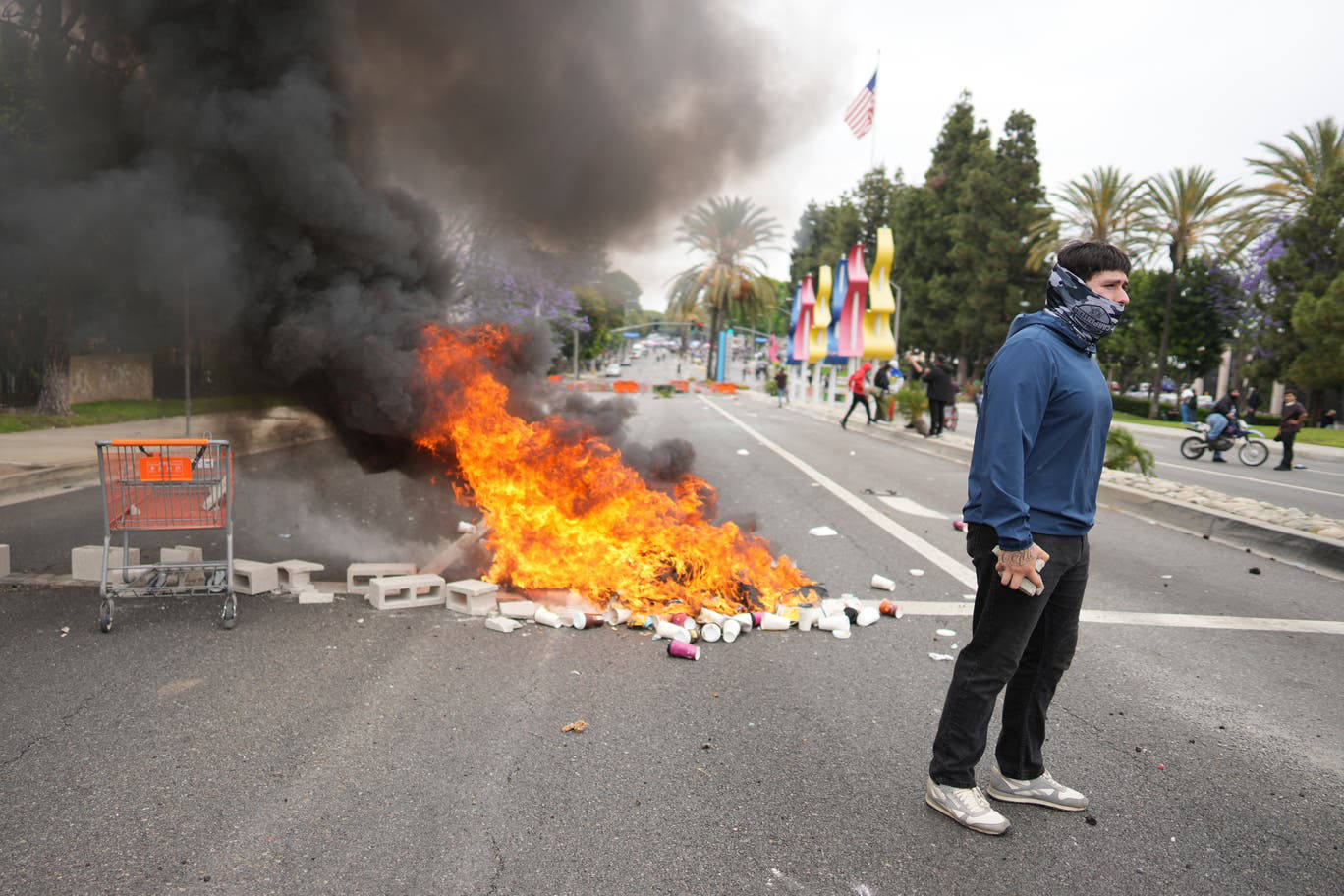NEED TO KNOW
- As July 4th approaches, Americans remain unsure if Fireworks are banned, encouraged, or already happening illegally.
- Most local ordinances include the phrase “unless otherwise posted, assumed, or ignored.”
- Officials suggest checking town Facebook groups or just listening for early explosions to gauge legality.
Legal? Technically. Advisable? Also Technically.
In yet another year of confusing firework regulations, Americans across the country are once again left wondering whether they’re allowed to celebrate freedom by launching explosives into drought-parched skies. Most state policies now fall under a Schrödinger’s Law, where fireworks are both permitted and forbidden until someone either complains or catches fire.
The Gray Area Between “Don’t” and “Just Be Careful”
Municipal governments continue to issue vague warnings like “use caution,” “check your county website,” or the ever-popular “don’t make us come out there.” Some towns permit sparklers but not Roman candles. Others ban fireworks entirely but allow six-hour loopholes if you’re holding a sparkler and a Bible at the same time.
The Gray Area Between “Don’t” and “Just Be Careful”
Municipal governments continue to issue vague warnings like “use caution,” “check your county website,” or the ever-popular “don’t make us come out there.” Some towns permit sparklers but not Roman candles. Others ban fireworks entirely but allow six-hour loopholes if you’re holding a sparkler and a Bible at the same time.
Public Asked to Interpret Vibes and Smoke
Authorities recommend citizens check for neighbor activity, burnt grass patches, or Nextdoor posts beginning with “Not to be a Karen, but…” One official confirmed, “If you hear fireworks, they’re either illegal or legal depending on whether you want to call the police or participate.”
Quote of the Moment
It’s not illegal until someone with a badge says so, and even then, it’s only a stern warning if you offer them a hot dog.
Man Holding a Sparkler in Flip-Flops and No Shirt






